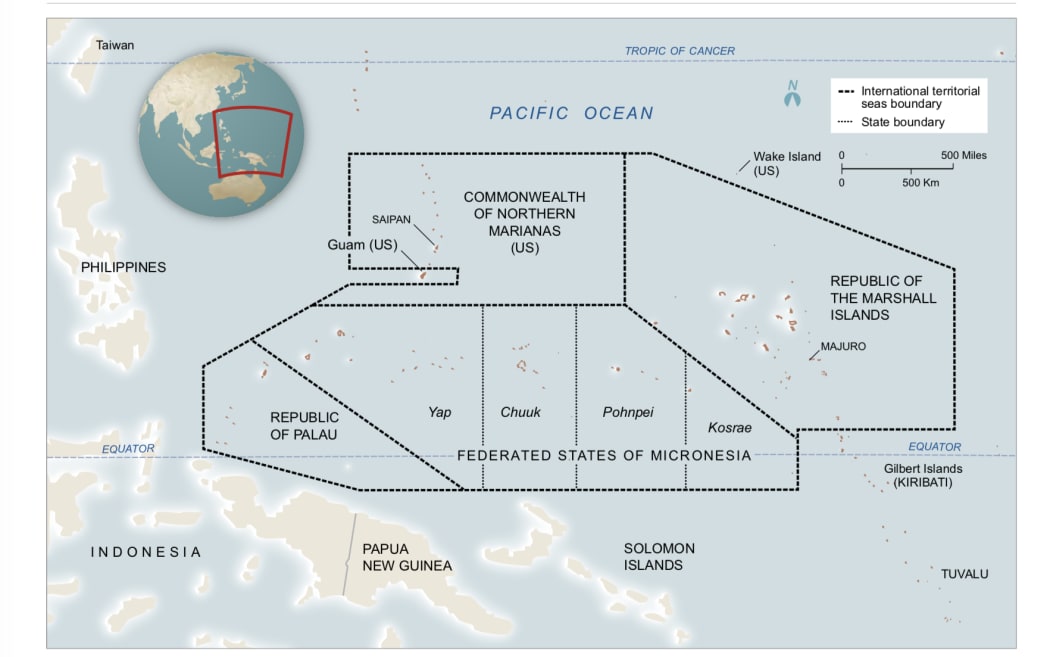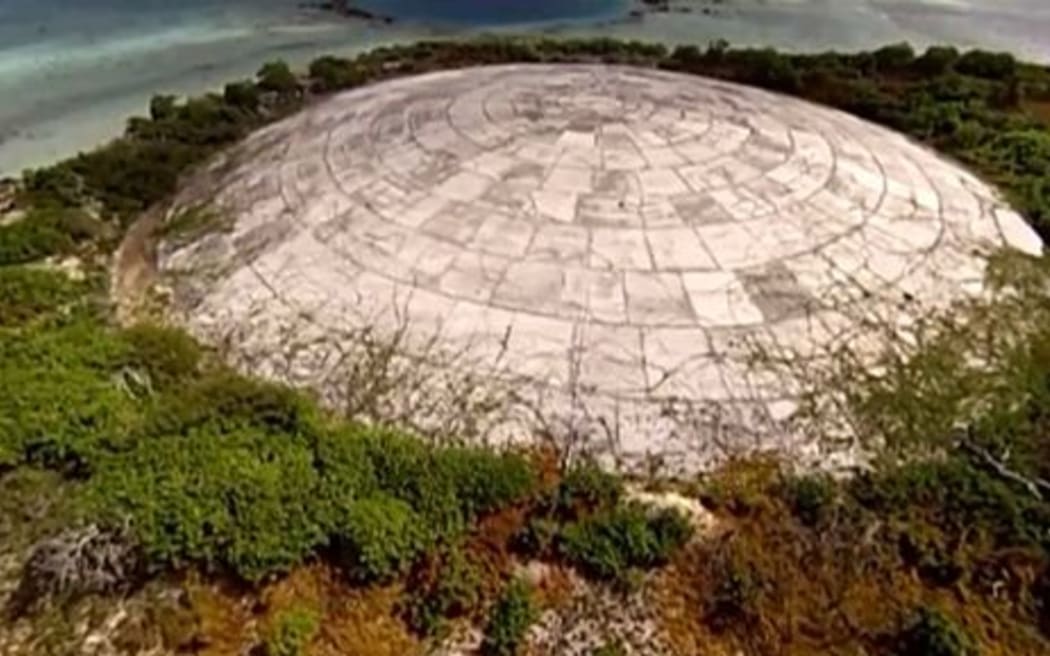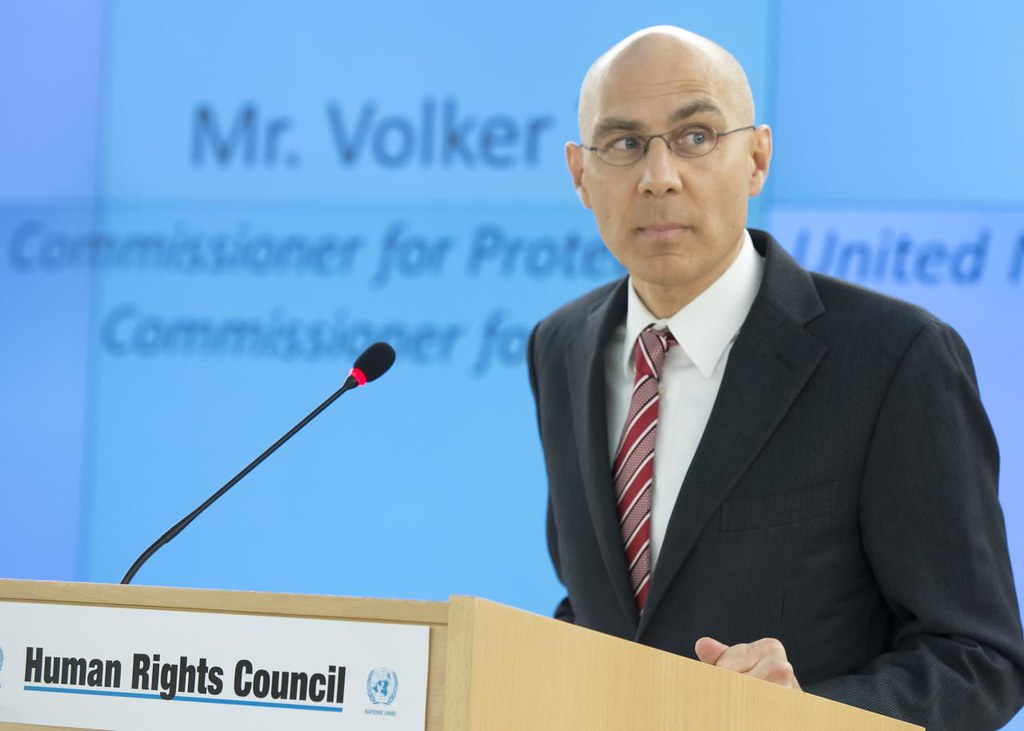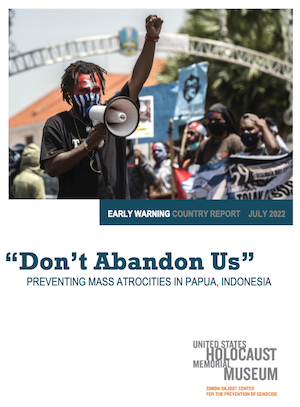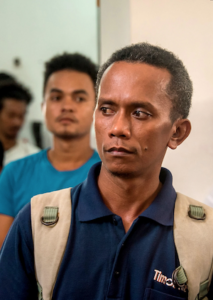In late 2011 I travelled for the first time to Timor-Leste. My role was as “facilitator” for the Unesco 2003 Convention on Intangible Cultural Heritage, and as Unesco wanted the government of Timor-Leste to ratify that convention, my task was to introduce the convention, its mechanisms and benefits, mainly to officials.
For countries in the Asia-Pacific region, intangible cultural heritage (ICH) was a novel term. Although cultural specialists, anthropologists and artists had some familiarity with the term, it was foreign to ministries and departments of culture and arts in Asian countries and, more importantly, quite alien to communities of people who practised what is more popularly known as “traditional knowledge” (TK). Indigenous and local knowledge (ILK) and traditional cultural expression (TCE) are other terms often used.
What is intangible cultural heritage? The website for the Convention has an answer: “Traditions or living expressions inherited from our ancestors and passed on to our descendants, such as oral traditions, performing arts, social practices, rituals, festive events, knowledge and practices concerning nature and the universe or the knowledge and skills to produce traditional crafts.”
With the 2011 training workshop, what was called the “capacity building” for ICH in Timor-Leste had begun. It was generally directed by the Unesco office in Jakarta, Indonesia, and hosted and organised by the State Secretariat for Arts and Culture in Timor-Leste. Between November 2011 and December 2014, we conducted several such training workshops, followed by two more in 2015 and 2016.

We had large groups—between 40 and 60 people—attending the workshops. Because of the demographics of Timor-Leste, the largest age group was between 20 and 30. However the practitioners (or knowledge-bearers) were all older.
I had observed in one of my reports to Unesco (September 2016) following a workshop: “As is usual amongst participants’ groups bearing this age diversity, the older practitioners have little patience with aspects of policy and administrative paraphernalia while the younger set, educated more ‘formally’ compared with their parents and grand-parents, observe structures more readily.”
While the early workshops were attended more by officials than community participants, by 2014 we had significantly more students from the two universities, from several leading civil society organisations, and groups of practitioners as participants.
What was made plain at every workshop was participants’ appreciation for being able to meet one another, with all costs covered, to talk about the different kinds of knowledge systems they represented. My own view of the use of and the potential of the ICH Convention is biased towards environment, ecology and the natural world and the knowledge systems that concern it. What I saw in Timor-Leste signalled quite clearly that there are an abundance of knowledge systems that involve the environment, and which the Convention could treat as ICH.
During the 2011-13 period the potential of this connection seemed promising, but it proved to be very difficult indeed to fulfil. A major barrier was the format and method of the training engagements prescribed by Unesco headquarters in Paris, which relied on instructional material that had been produced for the Secretariat of the Convention by foreign experts.
Nor were format and method the only orthodoxy. The training sessions for Timor-Leste were three or four days long, about half the duration demanded by Unesco headquarters for this work. Officials in Timor-Leste had explained to Unesco that representatives of knowledge-bearing communities could not stay away from their normal work and duties for more than three or four days. It was a reasonable request, and my background working with environment and agriculture ministries in India supported this view. We simply could not ask people to sit through classroom sessions without compensating for their forfeited daily income.

However, I found agencies of inter-governmental systems (like the UN) and large international NGOs and donor organisations do not typically agree to compensation for participation in workshops or training programmes. They tend to take the view that this amounts to paying people for participating. They also tend to place a value on the training given which is, when complete, considered to be a community asset given “free of cost”.
I found this puzzling, because if an agency or organisation delivering training (of whatever kind) did not value the time and skills of participants, how could it expect its advice, particularly about income and livelihood, to be taken seriously by those participants?
Training on any inter-governmental treaty, convention or programme follows a similar pattern, which governments adopt as readily as NGOs or foundations. Training is generally thought to be the method best suited to delivering learning about concepts, mechanisms, terminology and definitions and structured work on the ground. But conversely, training or facilitation does not provide space and occasion to the bearers of knowledge traditions to expand on their own conceptions of “traditional knowledge”, its symbols and values.

Yet, thanks to patient explanations provided by older participants, and also thanks to discussions I had with officials of the State Secretariat for Arts and Culture (SSAC) and of the ministries of tourism and education, I was able to gain some understanding about the daily, seasonal and annual patterns of life of the Timorese.
One more barrier was language. According to the Unesco 2003 Convention, language is only a vehicle for ICH. This means that a dialect whose speakers are dwindling, and whose vocabulary falls more into disuse with every passing year, cannot be given protection by listing it under the convention.
What was described in this process was a part—and sometimes only a small part—of life in Timor-Leste under circumstances that were not only changing quite quickly, but changing in ways that most could not readily grasp. A question raised several times during every single training workshop was: what is the future for what we are being trained in, if we cannot use it to generate income?

Unfortunately this was not a question that the ICH Convention was even partially prepared for at the time—nor is it today. By late 2012 I was engaged similarly in Sri Lanka and Cambodia. In both these countries I began to see parallels with Timor-Leste. I began to form the view that our task had a structure whose rigidity was out of place with the subject matter.
Drawing upon my experience of working with the central government of India, through development programmes under the ministries of agriculture and of environment, I opined to Unesco (through my reports) and to the SSAC, that conventional “development” would impose more than merely economic costs on society. Officials of the SSAC and other departments in Timor-Leste that had an interest in our work generally agreed to some degree, or had considered the subject carefully.
Through lengthier expositions (almost always by an elder) during workshops and at other gatherings, participants described Timor-Leste as having been, according to written and oral histories, inhabited by agricultural societies. Surely this was foundation enough for a Timorese conception of “development” strongly rooted in its culture. By late 2016, we had gathered sufficient material to support that proposition, thanks to discussions with environmental group Haburas, Timor Aid, Many Hands International, Alola Foundation, Timor Furak, La’o Hamutuk, Hametin Agrikultura Sustentável Timor and the senior staff of the SSAC.
What they described can be summarised as a cultural approach to “development”; a variety of programmes, which seemed to borrow partly from foreign sources, but which were more acceptable to the communities of Timor-Leste than the complex, expensive schemes being planned for the country by the World Bank, the Asian Development Bank and several development aid projects sponsored by other countries’ overseas development agencies.
I favoured the overall cultural approach to development simply because the official Unesco ICH engagement in Timor-Leste could only be very limited. The concepts and methods left behind by our work would either be absorbed into what the SSAC (or any new organisation given the ICH/TK/ILK mandate) did in future or into what any of the larger Timorese NGOs took on as socio-economic programmes. We could not, and should not, control of the future of terminology and methods.

Yet change, too little of it for the better, was more visible with every visit. In 2016 I thought it necessary to underline once again the changes we were witnessing in Timor-Leste and their effects on traditional knowledge. In September that year I advised Unesco about the rising rate of urbanisation and the impact of this trend on transmission of knowledge and of ICH practice.
I also emphasised that according to the official data, more than 40% of the population was below the poverty line and therefore any programme we presented about the safeguarding of traditional knowledge must contribute to shrinking that percentage.
Until the third quarter of 2016, Unesco was pressing the Government of Timor-Leste to ratify the convention. It did so in October that year. Ratification did not, however, change the reality. There remained no “comprehensive and effective legislation” (as Unesco put it) for the protection and management of ICH, traditional knowledge systems and traditional cultural expressions.
Yet what I had observed and experienced between late 2011 and late 2016 indicated that regardless of formal ratification or specific legislation, there was no reason why identification, documentation and safeguarding of ICH/TK/ILK could not take place.
Aided by the SSAC, participants at our workshops had identified, described and sketched safeguards for the ICH (the convention calls these “elements”) that they had selected. These were: Aihan tradicional Akar (the craft of weaving traditional bamboo screens for use in homes), Naran Ekipa Bua Malus (the ingredients, objects, values and rites associated with betel-nut), Tebe Lilin (oral history stories), Koto Tisi (the processing of a bean variety usually considered famine food), Uma Lisan Soe Mamulak (ancestral houses as the cultural fibre of the community), Homan (a basketry skill, the produce of which is used for a number of common and ritual functions), Sanan Rai (a pottery tradition, which SSAC was also promoting to encourage the use of earthenware products such as water jugs), Mina Nuu (the knowledge of coconut trees and the coconut, which yields many different products very useful to rural households), and Tais (the handwoven textile used for decoration and to create traditional clothing).

Considering each of these as a system of knowledge—an associated object, an understanding of the raw material from which it is derived, it’s symbolism, meaning and uses—appealed greatly to our participants. The workshop seemed to give them the latitude with which to express at length the folklore, stories, personal accounts and personal experiences relating to each “element”. Our method, happily modified from the ground up for Timor-Leste, was promising.
Extensive re-conceptualising was necessary, as the Convention’s definition of an ICH “element” was constricting. The problem lay in what was required satisfy the administrative demands of the Convention’s mechanisms. Participants—whether from community, government, universities or NGOs—were expected to comply with the descriptive format used by the convention’s governing organs to assess the inclusion of an “element” on either of the two lists of the Convention. Member states must describe their ICH “elements” within a word limit, guided with examples. These examples were written by academics or cultural specialists for a very narrow audience, which is considered to have an “international” view.
Related

Teeming with the greatest fish species biodiversity on the planet, these seas are under threat from large and small scale illegal fishing compounded by lax law enforcement.
As an ICH facilitator it was difficult to convince community participants, and especially village elders and tradition bearers, that complying with these unfamiliar formats and protocols may help them win recognition. “Why can’t we use what we told you?” they asked, and of course there ought to have been no reason why not.
By late 2016, the gulf between what was needed by traditional knowledge practitioners in Timor-Leste and what was being supplied by Unesco was, in my view, too great to bridge. I found I could no longer defend the methods I used, even with modifications, as counting for training that was relevant and durable in local conditions.
The years 2011-16 saw a great deal of activity in Timor-Leste in the sectors of environment, economy, natural resources management, income and livelihoods, infrastructure, education, water and sanitation, public health, youth. Timor-Leste was awash in new concepts and methodologies: our effort was only one of many.
In 2013 the World Bank had commenced a “Road for Cultural Heritage Project”, identifying cultural heritage sites along the Dili, Aileu and Ainaro, along with their local significance, in order to develop sustainable tourism. This was an opportunity for community voices to contribute to the discourse on “local significance” and “sustainable tourism”.

Similarly, in late 2013 the Asian Development Bank (ADB) completed future climate modelling for the Pacific region, which predicted that Timor-Leste’s GDP would drop by up to 10% in two generations because of climate change effects on rain-fed agriculture and fish catches. Here too, the Convention’s safeguarding methods, if applied to traditional knowledge on fishing practices and food cultivation, could be presented as ways to mitigate the risk that climate change brings. Unfortunately, neither of the development banks was engaged with the potential for traditional knowledge to be better recognised.
The broad subject of traditional knowledge was relevant not only to the Unesco Culture section but also to other UN agencies, the World Bank, ADB, Japan International Cooperation Agency (JICA), to organisations conducting training on climate change and those using texts and material from the World Intellectual Property Organisation (WIPO, which also has an active TK unit).
This barrage of training and techniques left little, if any, space for Timorese to explore, at their own pace and according to their own forms of inquiry, ontologies that had survived in Timor-Leste about concepts which seemed to be taken as universally understood: heritage, development, sustainability, environment, ecology, conservation, cultural industry. Without such a space, needed then and perhaps more so today, Timor-Leste is destined to remain a reluctant consumer of foreign concepts, its traditional knowledge systems becoming “cases” for a “development” model in whose making the Timorese have not at all participated.
The post The life and times of an Unesco convention in Timor-Leste appeared first on New Mandala.
This post was originally published on New Mandala.
